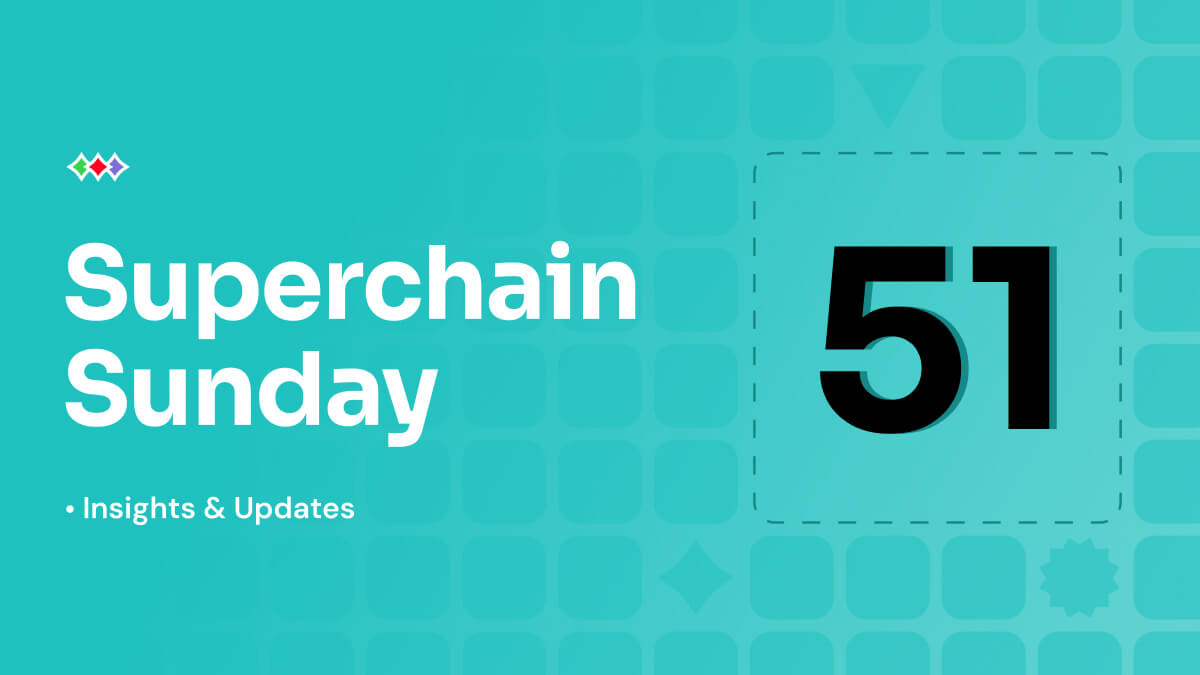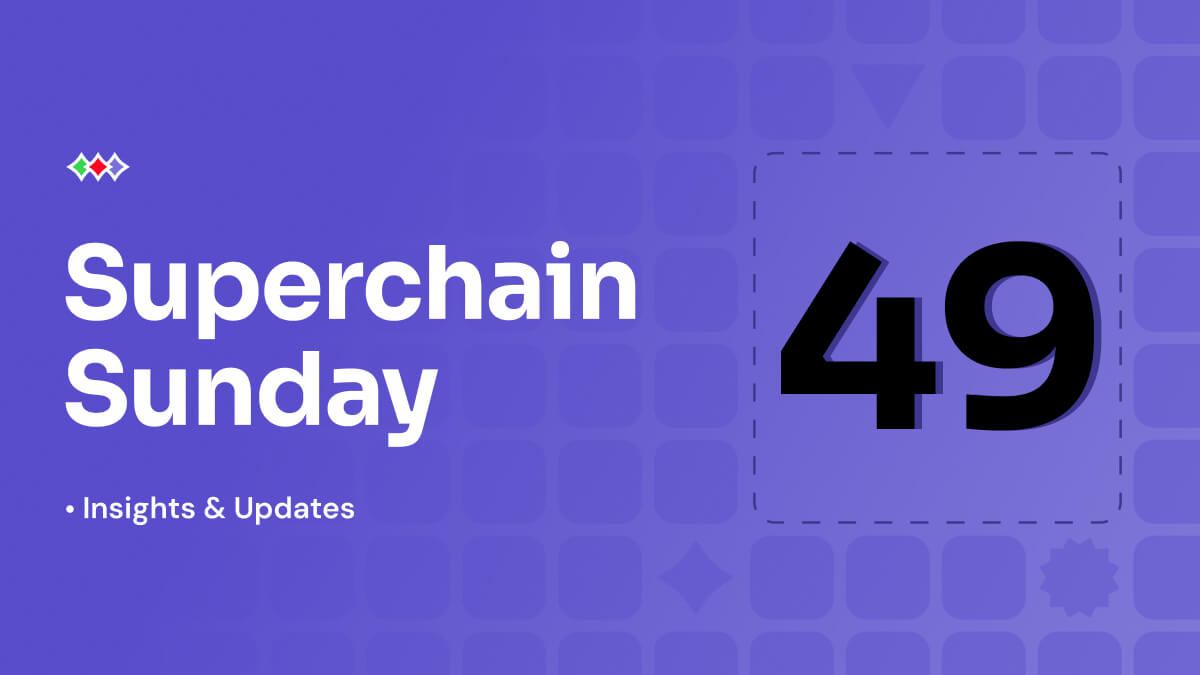A comparative analysis of Optimism and Arbitrum reveals key differences in governance structure, decentralization efforts, and decision-making processes.

Optimism is a layer 2 scaling solution that scales both transaction throughput and computation on Ethereum. Optimism enables low latency transactions for the speed of a Web 2.0 experience at a fraction of the cost, seamless interoperability between dApps and smart contracts, and enables developers preserve the Ethereum developer experience and migrate existing contracts without breaking them.
Optimism has a useful governance infrastructure for voting and discussion. Optimism Agora is the home of all voters. All current proposals, voters and retroPGF records can be found on Agora. It also has a very active forum that comprises categories for delegates, technical proposals, governance design and mission grants. General policies, governance discussions and feedback also go on regularly in their discord.
Optimism’s active governance contributors include both OP holders and delegates, with structured participation through seasonal voting and reflection periods. Currently (August 12, 2024), Optimism has 152,254 delegates and 647,686 delegators. Out of the 152,254 delegates there have been 133,955 voters (20.7% of all delegators) on all proposals. The voters are represented by 226 active delegates per 1000 voting in at least one of the last 3 proposals, and 151 delegates per 1000 who have voted on at least 1 proposal in the past. 623 delegates per 1000 have never voted on any proposal.

From the image below, the top 200 delegates do hold 95% of voting power on proposals suggesting that protocol changes are decided by a few people.

Delegates (OP token holders) directly influence on-chain changes through voting, while the Citizens' House oversees retroactive public goods funding and future governance powers. For accountability, the Token House may vote to remove security council members at any time for severe violations of the Optimism code of conduct while the security council can also act unilaterally to remove their participant who fails to satisfy the requirements of this charter. In the 2nd quarter of 2024, a protocol upgrade finally allowed users to execute withdrawals without requiring actions from the centralized third parties but this has been reverted to permissioned proposals as part of a bug fix procedure. The network is expected to return to a permissionless state on the week of September 9th.
Optimism has a formal governance process. The governance process is fairly robust. This is evident in Optimism’s experimental approach, including a working constitution that changes over time, balancing decentralization with flexibility. The constitution outlines governing provisions and principles for the OP Collective while the Collective’s operating manual describes current governance processes for the Optimism Token House.
Admin keys are managed by a security council via a Gnosis Safe multisig wallet, with a 75% threshold, ensuring controlled access to critical functions, namely protocol upgrades and designation changes. Each participant custodies and uses their key securely with the exception of a council lead who is not a key holder. The participants comprise a 2-of-2 multisig with the L2 proxy admin owner being the aliased address of the L1 proxy admin owner and a 5-of-7 multisig
Arbitrum is a Layer 2 optimistic rollup chain that implements the Arbitrum Rollup protocol and settles to Ethereum's Layer 1 chain. It lets you build high-performance Ethereum dApps with low transaction costs and Ethereum-grade security guarantees, introducing no additional trust assumptions.
Arbitrum employs a developed governance infrastructure, using Tally for onchain voting, a governance forum, discord and telegram for debate and discussion. The voting mechanism is reliable, and the protocol is supported by comprehensive documentation, making the governance process transparent and accessible.
Arbitrum governance sees active participation from $ARB token holders and delegates. There are currently 1.32M token holders, most of whom have delegated to some 434.61k delegates

The last 5 proposals have each seen at least 4k addresses participating in voting.
However, according to dune the top 240 delegates hold two-thirds of voting power in the DAO, while the top 50 delegates hold 56% of total voting power. Again, the top 4 delegates have 50% of the voting power of the top 50, and the top 10 delegates have 2/3rds of the voting power from the top 50. This means that for Arbitrum too, protocol changes are actually decided by a few people since they have weightier voting power.
Arbitrum’s governance has a fairly substantial influence. Decisions directly impact on-chain changes through voting. This includes upgrading core contracts, authorizing new L2 chains, and other decisions crucial to the protocol’s growth. In case of a breach, users are able to exit without the help of permissioned operators. The DAO has the authority to modify or revoke the powers of the security council. The DAO's decisions are tangible and binding, backed by an effective constitution and highlighting the significant role of distributed governance.
Arbitrum's governance process is formalized and backed by its constitution, which provides a clear framework for decision-making. It also states clearly how to delegate voting power and how to vote as well. This structure promotes good governance by establishing norms and processes that guide the community's actions, ensuring that governance is both robust and adaptive.
Arbitrum's security council holds the protocol’s admin keys critical for managing certain functionalities of the protocol. The council comprises 12 members who hold the private keys to a 12-member multisignature wallet. The admin keys allow the security council to intervene in emergency situations which include fixing vulnerabilities or upgrading the protocol, but the DAO has the authority to modify or revoke the powers of the security council. This ensures a balance between security and decentralization.
The image below shows a summary of key points for Optimism’s strengths, weaknesses and unique features.

The image below touches on areas where Optimism could improve to enhance governance of its protocol.

Optimism stands out for its evolving and fairly robust governance structure, it faces challenges with centralization in decision-making power and lengthy decision making periods. Working on the areas highlighted for improvement will give its users complete ownership of the protocol and make it completely decentralized.





